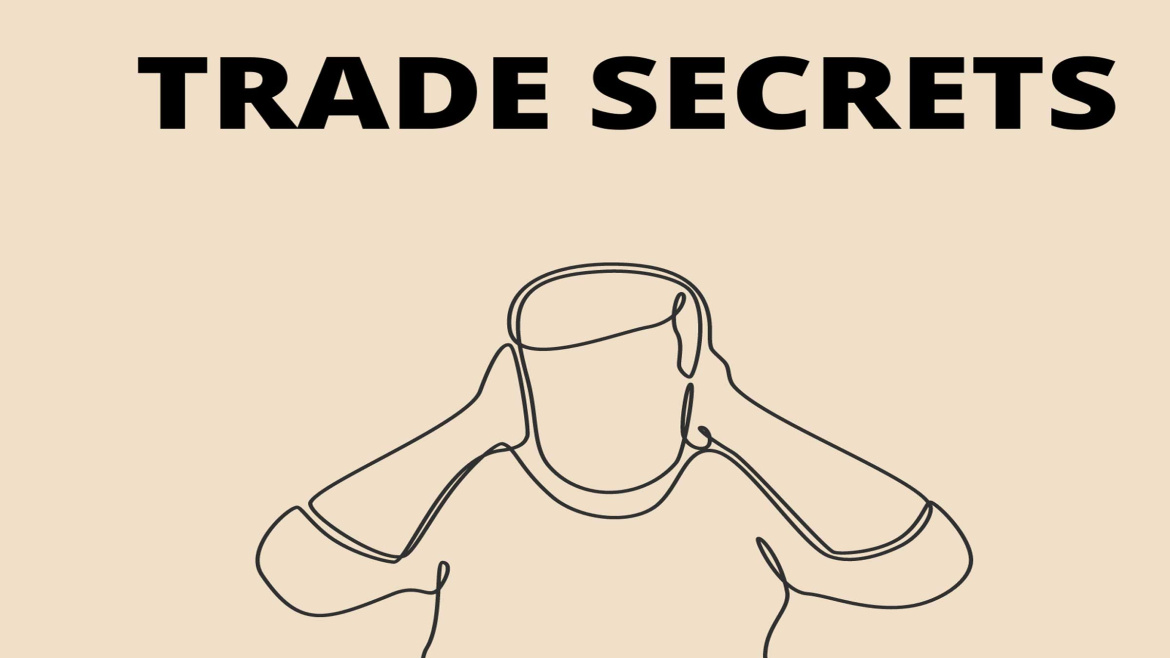There are several categories for IP rights. They include Copyright, Trademark, Patents, and Trade Secrets. For this writeup we limit ourselves to Trade Secrets.
Trade Secrets refer to any information that a business has which gives it an advantage over its competitors such as lists, patterns, plans, processes, information, and or formulae that do not fall within the other categories of IP but are protected against appropriation. In Kenya, we do not have express protection of such a right other than through the Articles 2(5) and 2(6) of the Constitution and therefore International Law.
A business should want to protect rights in Intellectual Property (IP) (Anything resulting from a creative process (a product of an individual mind)). The debate as to the place of IP in Kenya should be focused on the Kenyan Constitution as supreme law. The Constitution 2010 affirms the existence of IP and creates the obligation for the State to promote, protect, enhance, and to support IP Rights.
However, such protection does not involve registration in law but rather through Confidentiality Agreements (NDA). The general requirement is that for it to be a Trade Secrets as it were, it must not be known to the general public. Once the Trade Secrets are known to the public then it is impossible to protect them, therefore difficult to obtain a remedy in a court of law.
In every business, it is investable that at some point, there have to be interactions between the business and third parties. The business must then give access to its Trade Secrets to other parties whom it must believe to hold the information as a secret. Business must therefore guard itself. The Business must understand the nature of such arrangements to take full advantage of their parameters.
In such agreements, aparty promises not to divulge information about the other to anyone else or to use the others information for his or her own benefit. Typically, these sort of agreements should be included in employment or licencing arrangements. Also they must be referred to in any subsequent agreements that could potential divulge such Trade Secrets. Therefore, there has to be keen intent on the scope and veracity of such arrangements. At least the NDA should be drawn to include the following:
- Defination of the secrets
- Indentification of whom to access the secrets
- Specification of the circumstance that the information may be shared if at all and the term/period the agreement should last
- Identification of the agreement that the NDA applies to.
- Requirement that confidential material to be returned upon expiry of such agreements.


